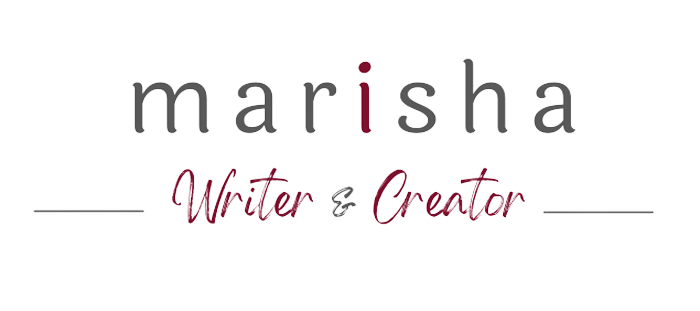Any banking / financial transaction you conduct will be executed through a bank account, be it a personal or business operation. Lebanese banks, like their international counterparts, offer an array of accounts, which denominations can sometimes be confusing. How does one make sure to chose the wanted / needed bank account? Following are the general categories of bank accounts under which any account can fall. This list is not exhaustive and it aims to give you only a general overview.
1. Current / Checking Account: a current account usually yields low interest rates as it costs the bank manpower and management and you can access your funds at any moment. This type of account is used for frequent transactions. Thus, it commonly grants you a debit card to be used at ATMs (Automated Teller Machine) and POS (Point Of Sale). Sometimes, limits are set on the amounts withdrawn or paid per day / month. In the USA, this type of account is dubbed a checking account and provides the customer with a cheque book. In Lebanon, checks are still frequently used. Although, they could bounce back and you wouldn't know before several banking days. Cheques are becoming obsolete and rarely used in Europe but are still widely present in countries like Brazil or the United Arab Emirates for example.
2. Savings Account: nowadays it has become advisable not to keep your cash stashed in your / under your mattress. Savings accounts are convenient to save money and the interest rates are a little higher than the ones offered on current and checking accounts. These accounts are not provided with debit cards. They are meant for you to save your money, not spend it. A decade ago, you still had a passbook that needed to be updated at the branch at every maturity. Wait. What? Are we still talking about banking? Yes, yes. The maturity is the date agreed upon between customer and financial institution to have the interest periodically paid out.



